10th October 2024
#ID Culture: Happiness Menu 2.0 - Under Pressure
Mindshare's Happiness Menu report returns, exploring the evolution of global happiness behaviours within the context of current challenges. Building upon the 2022 post-pandemic study, this new research analyses how geopolitical tensions, climate change, and economic crises are impacting happiness and identifies key factors influencing these trends.
Our 2022 report revealed how the pandemic challenged global happiness, forcing us to adapt to health concerns, isolation, and uncertainty. Today, we face a "polycrisis" – a convergence of global issues including geopolitical tensions, the cost-of-living crisis, climate change, and widespread burnout. These overlapping crises amplify stress and uncertainty in daily life.
Yet, amidst these challenges, people are actively seeking ways to increase happiness across all areas. There's a notable rise in wellbeing-related activities, with individuals prioritising personal happiness and balance. Seventy percent of respondents now dedicate more time to their wellbeing, up from 57% in 2022. The ability to enjoy holidays again has also significantly increased (78% compared to 67% in 2022), as has a focus on personal development, particularly professional skills (71% compared to 61% in 2022).
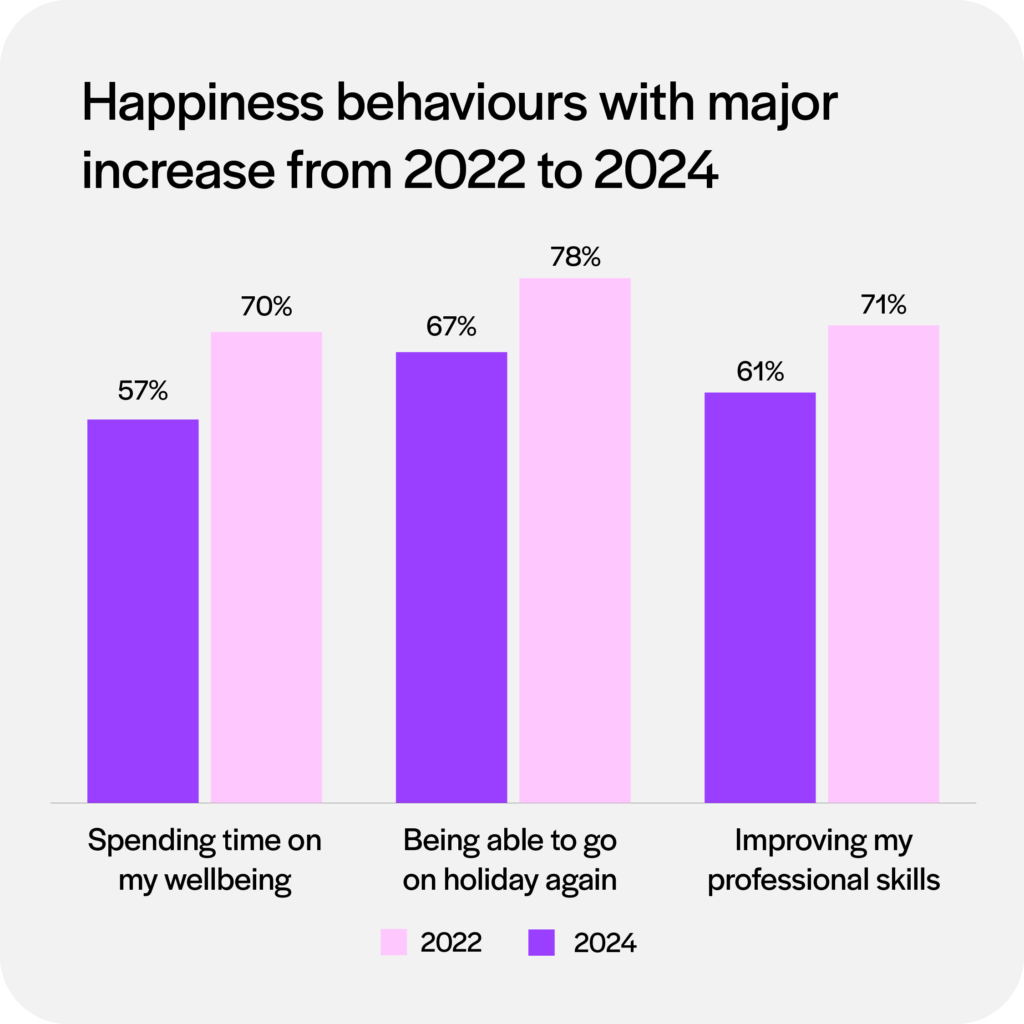
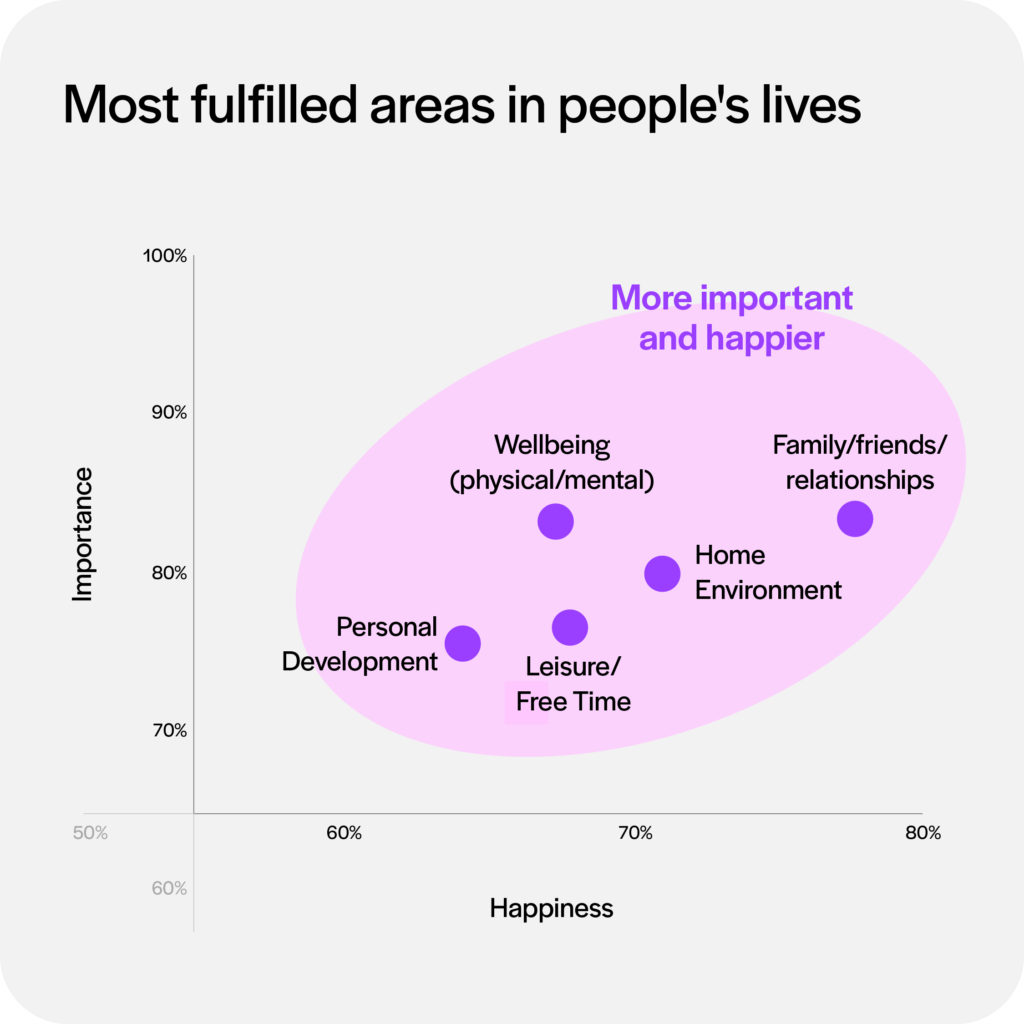
Strong relationships, financial stability, and personal freedom remain central to happiness across the world. Family and home life are primary sources of joy, with a growing trend of finding happiness in simple leisure moments. Conversely, social media, content consumption, and shopping rank lower in fulfilment.
Key Findings: Happiness Behaviour Evolution from 2022 to 2024
The report identifies nine key trends shaping happiness behaviours:
Human Tech
People crave meaningful human interaction in both physical and digital spaces. They view technology's role as facilitating and enhancing these relationships, not diluting them. 59% percent believe technology has made relationships more superficial. This desire is exemplified by companies like Humane, whose AI Pin wearable aims to de-digitise phone functions using voice and projection instead of screens
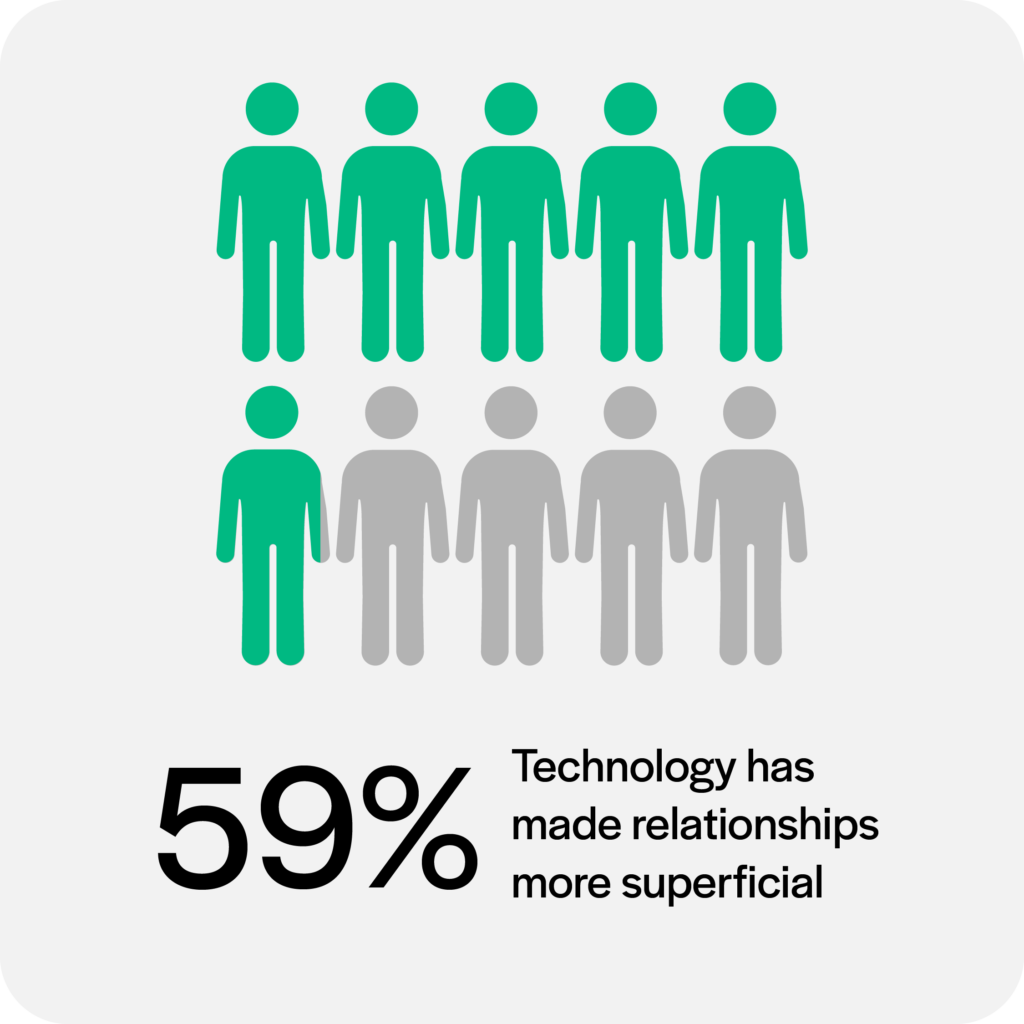
Reality Escape
Seeking respite from daily stressors, people are turning to hobbies, passions, and local travel experiences. 56% percent find comfort in personal passions, echoing the minimalist, self-care-focused lifestyle promoted by TikTok influencer Nara Smith.
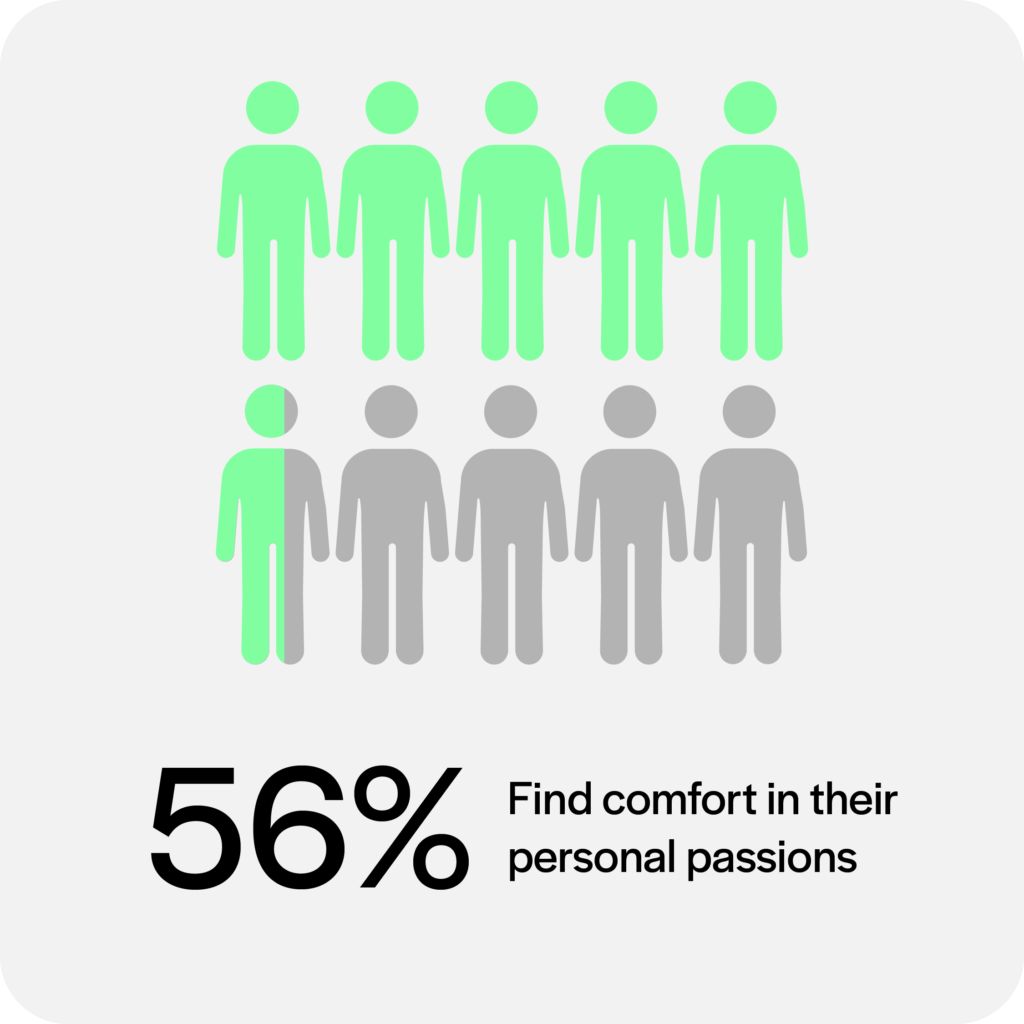
Me Before We
True happiness lies not in relentless pursuit but in embracing individual journeys and finding joy in small moments. 67% percent are proud of their uniqueness, while 63% have reassessed their life goals, making them more realistic and attainable. Brands like Coors Light Canada tap into this trend, encouraging appreciation for life's simple joys.
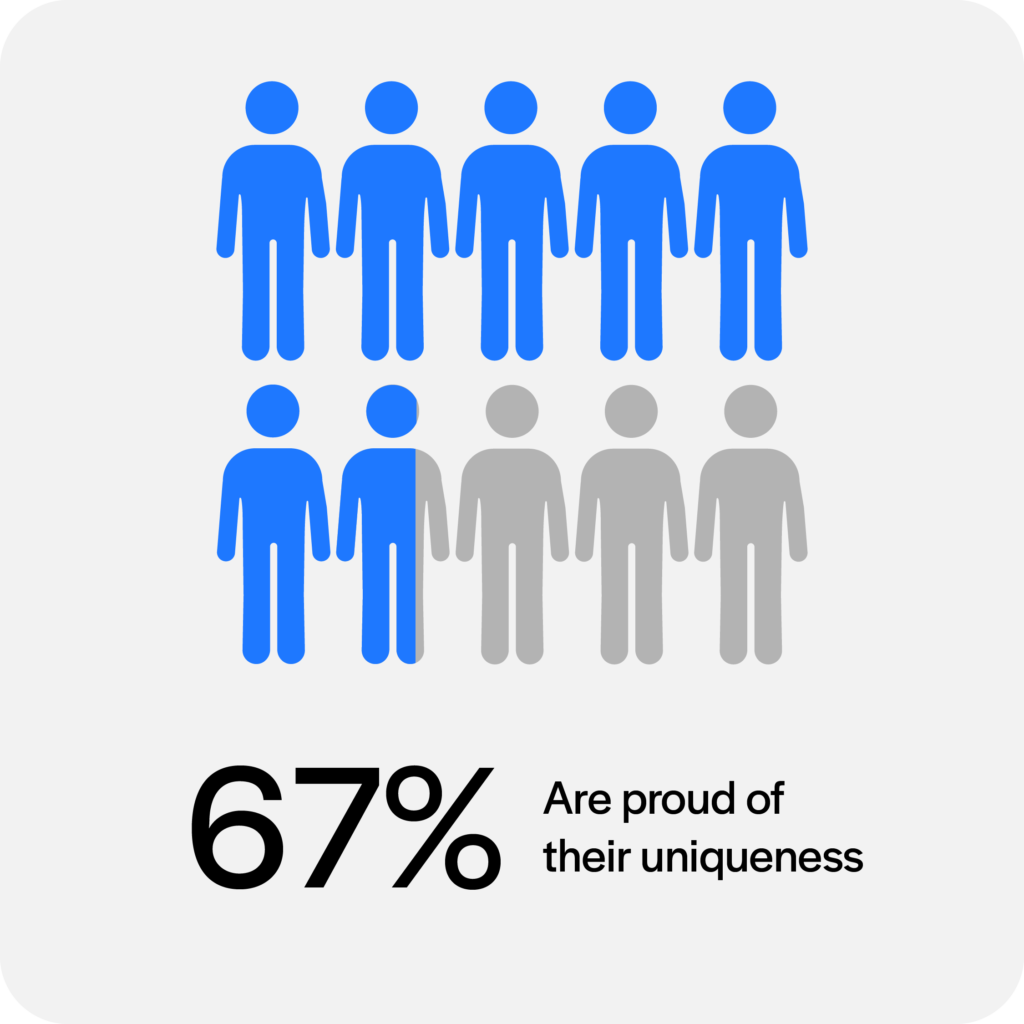
Experience Together
People seek like-minded communities and shared experiences for support, authentic self-expression, and shared interests. 62%percent believe these communities offer valuable knowledge and support during challenging times. Brands can engage consumers by fostering inclusive communities and immersive experiences, as seen with Netflix Bites, which connects fans through real-life dining events.
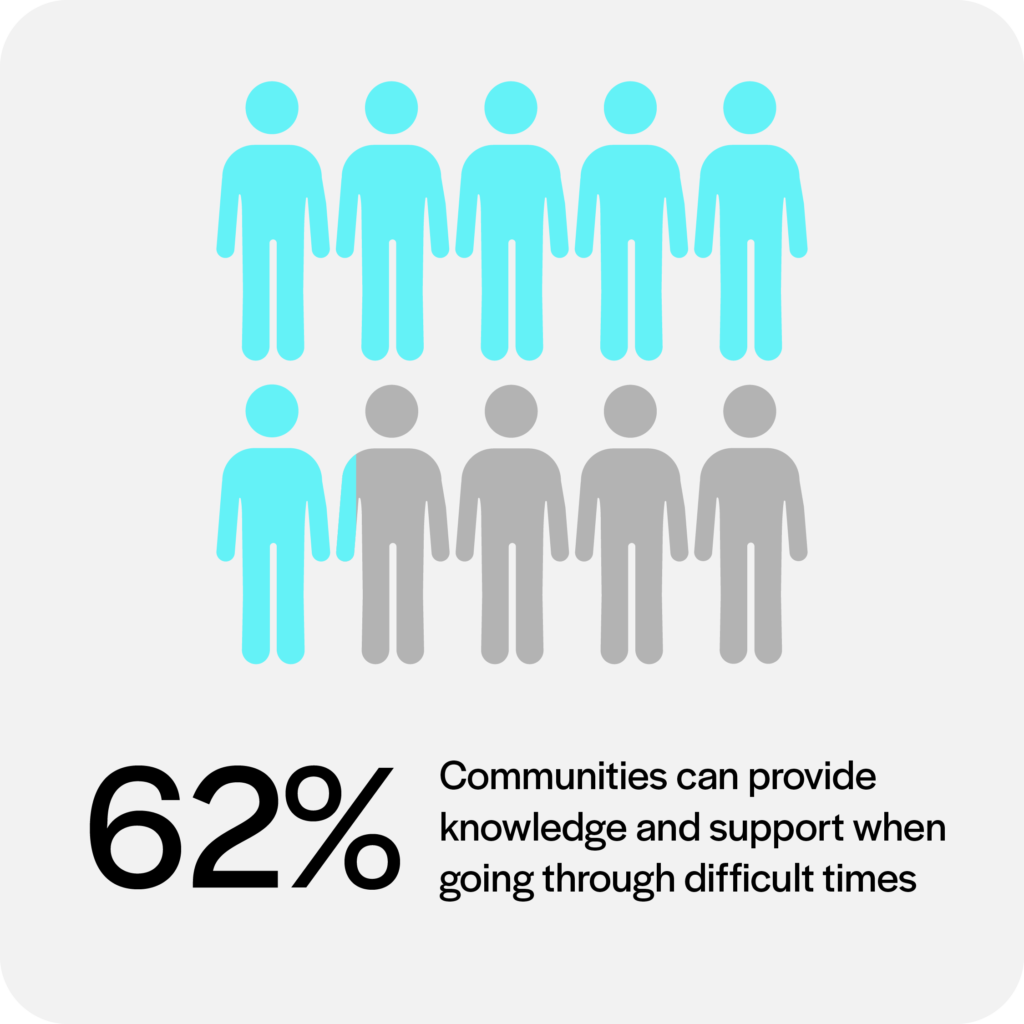
Digital Boundaries
Overwhelmed by content overload, people are becoming more intentional with their digital consumption. 72% percent express frustration with excessive choices, leading to increased use of tools like randomiser apps to combat decision fatigue and prioritise quality content.
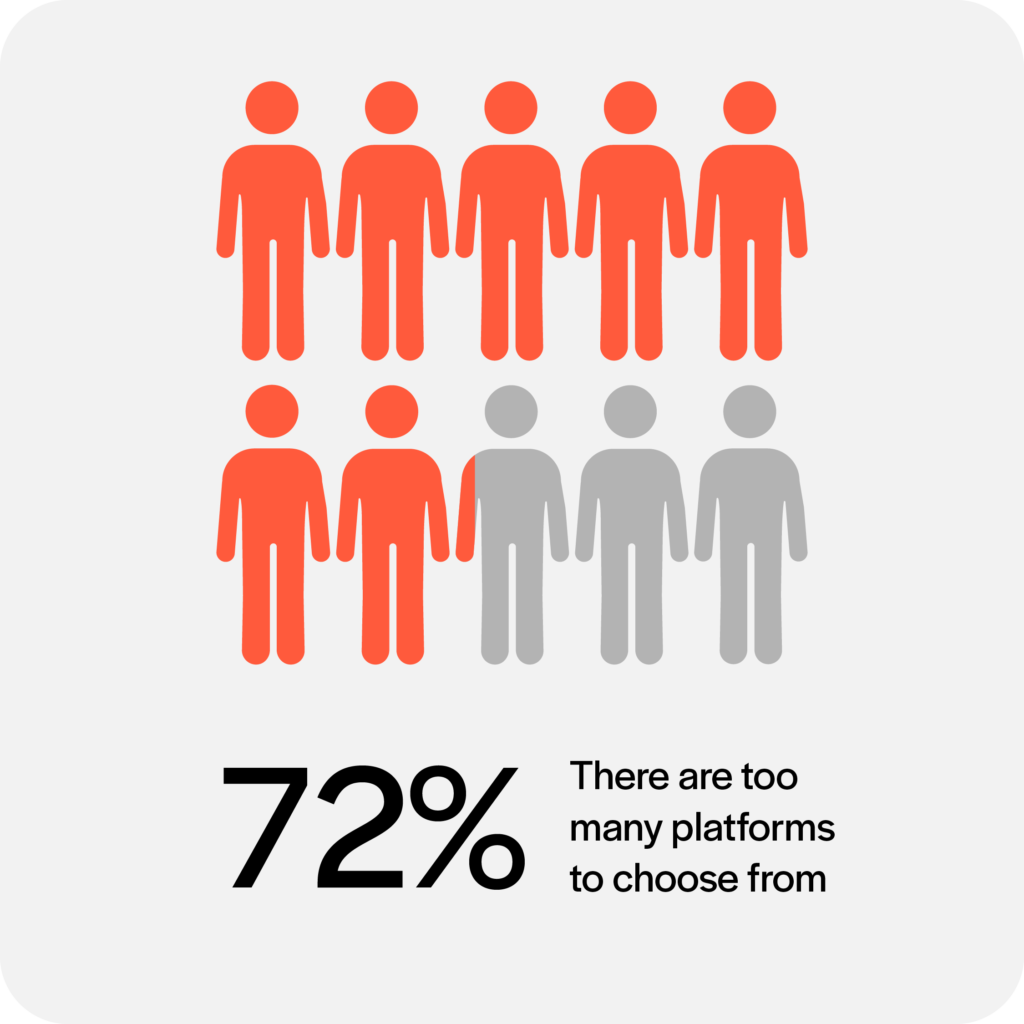
Curated Retail
Shifts in consumer spending reveal a preference for affordable alternatives, with 54% finding "dupes" as good as original brands. Minimalism, maximalism, eclecticism – diverse retail behaviours are emerging as people curate personal styles to express their identities.
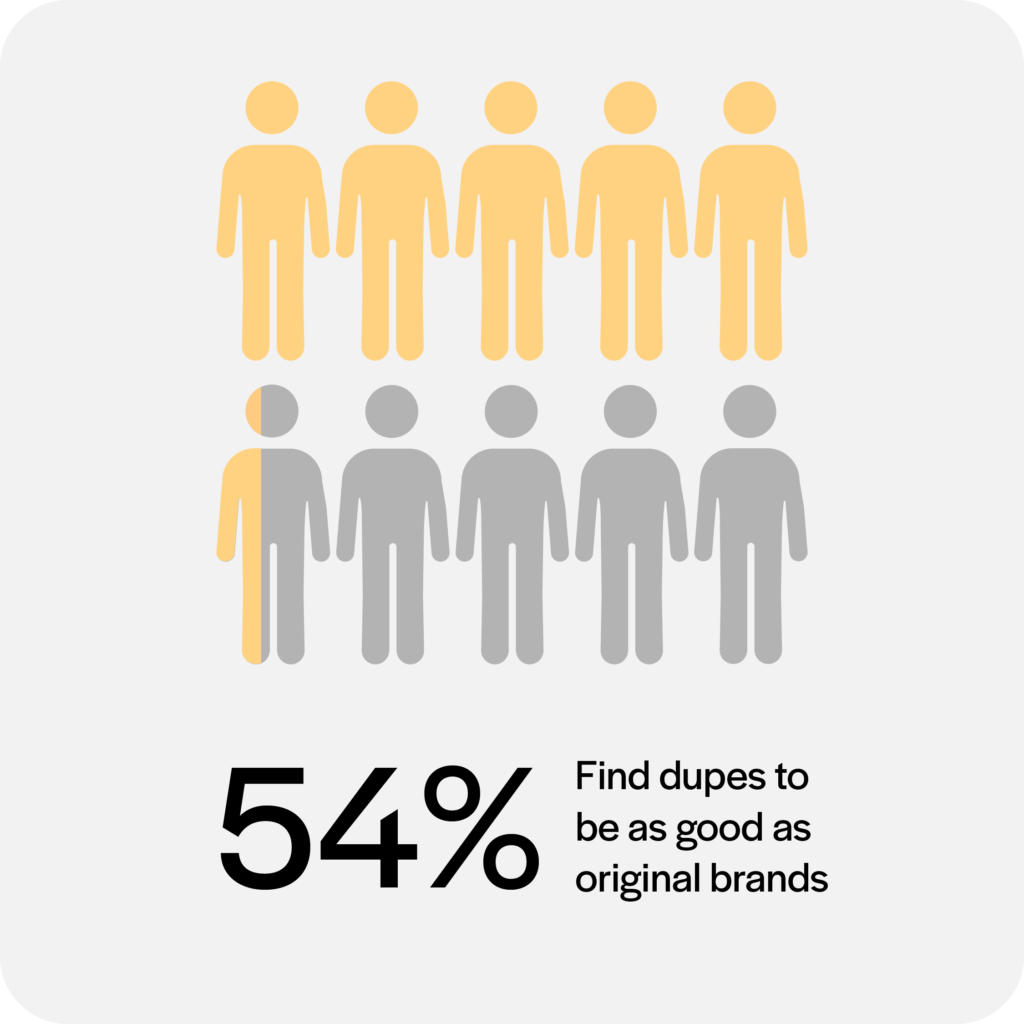
Wellness Connections
Mental health is paramount, with 80% believing positive human connections are essential for wellbeing. Communities like the East Asian Girl Gang provide spaces for personal growth, while VR mindfulness apps and fitness challenges encourage self-care.
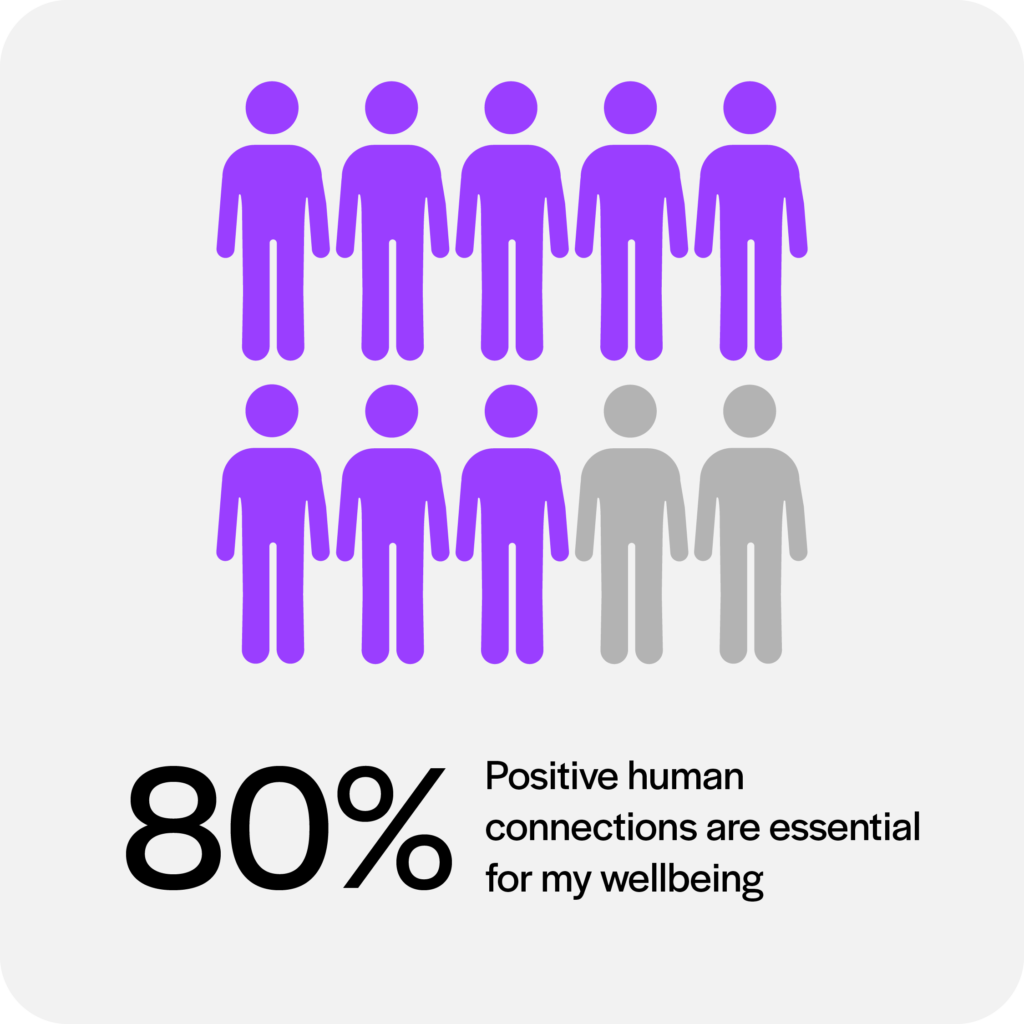
Self-Sufficiency
In an uncertain world, self-sufficiency and personal improvement are key drivers of happiness. Eighty-one percent are adopting healthy habits to enhance productivity. Creative financial wellness campaigns, like Bank of Montreal's Twitch channel, help younger audiences manage finances effectively.
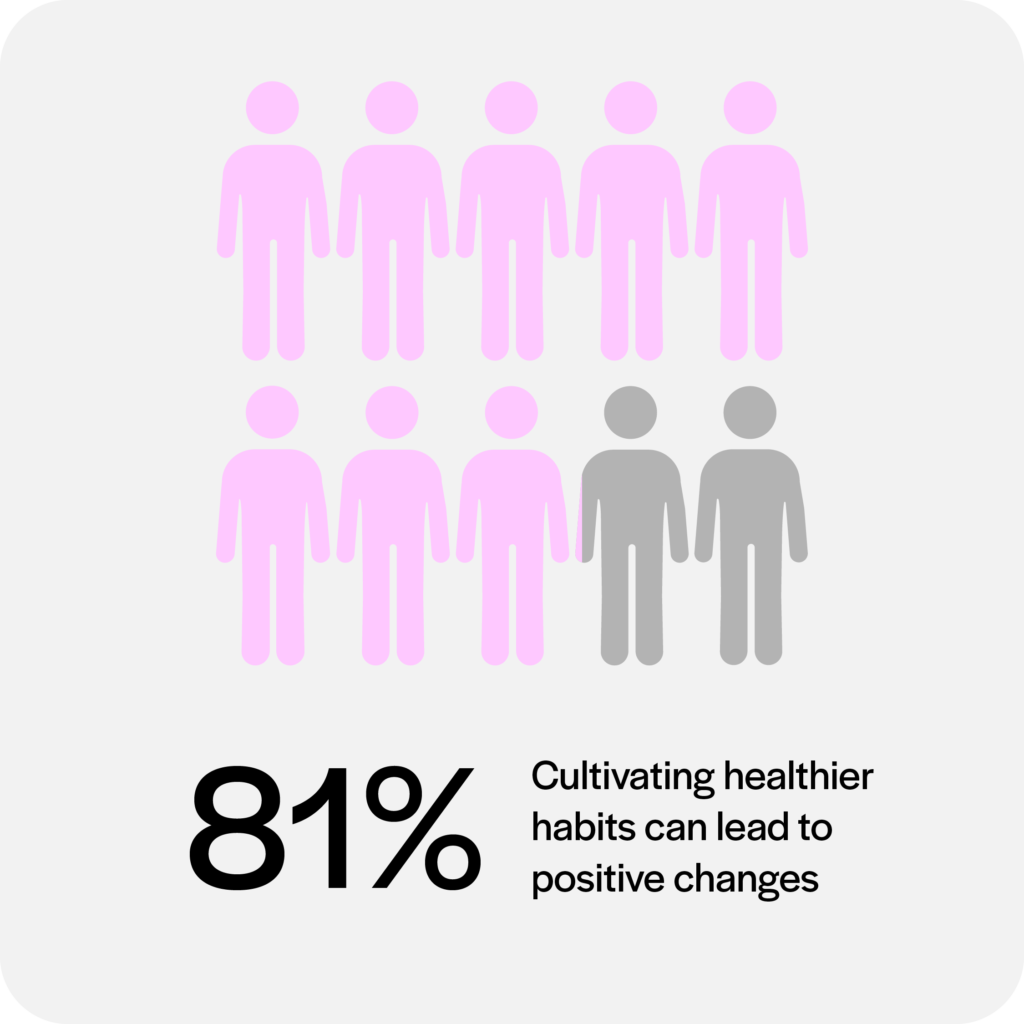
Empathetic World
People embrace individuality and non-traditional lifestyles as paths to happiness, with 80% believing that expressing personal opinions is essential for wellbeing. Helping others remains a source of joy, and 76% believe businesses should make a positive impact, as demonstrated by Wagamama's workshops that equip inmates with valuable life skills.
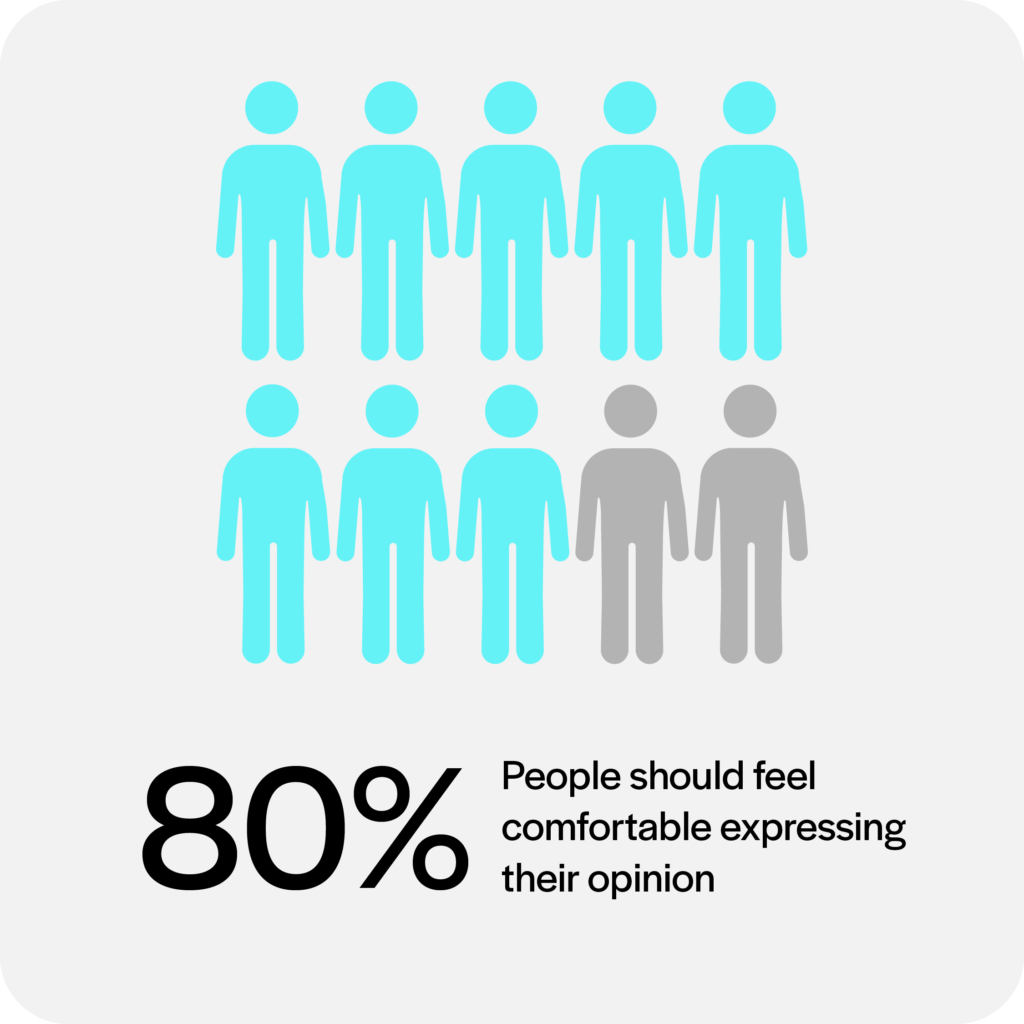
Good Growth Implication: Empowering Joy
Brands have an opportunity to empower individuals to take control of their happiness in challenging times. By strengthening human connections through technology and everyday experiences, brands can cultivate a more supportive environment. Respecting boundaries is crucial for fostering positive interactions, as is engaging selectively on issues that resonate with consumers. By striking the right balance between authenticity and empathy, brands can forge deeper connections, ultimately enhancing people's happiness and building trust in the brand.
"Over the past two years, we've witnessed a significant increase in happiness-driven behaviours," says Rita Ibarra, Data Strategy & Insights Business Director and #ID Culture Lead at Mindshare. "People are seeking greater control over their personal happiness in a world under pressure. This report reflects ongoing conversations around happiness, and we're excited to offer our clients fresh data to inform their strategies."
Check out the full infographic here
Source: Mindshare #ID Culture Research, The Happiness Menu 2.0 – Under Pressure (12 markets).
For more information, please contact [email protected] and [email protected], Data Strategy & Insights, Mindshare Worldwide